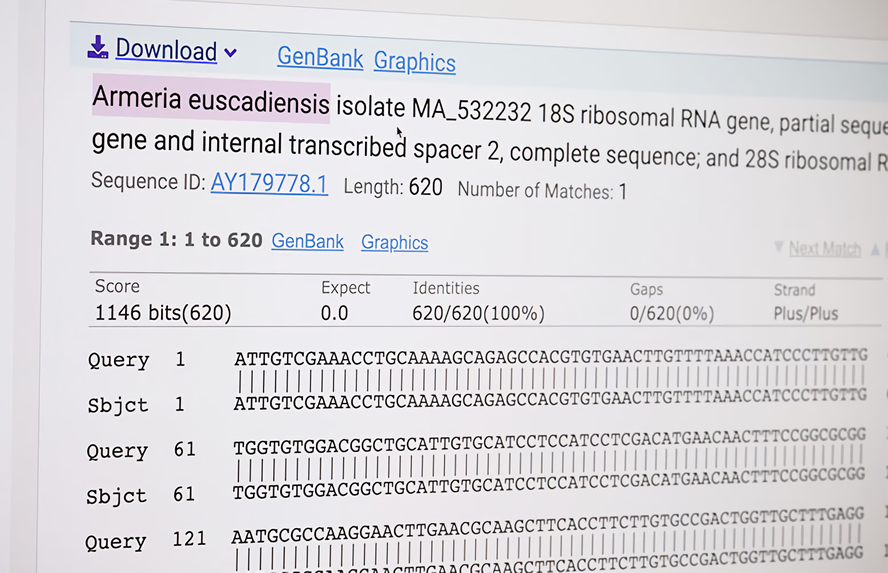They call for open access to genetic information to be guaranteed
A group of scientists around the world call for access to genetic information to remain open and for the distribution of the benefits obtained from these resources to be fair and geared towards biodiversity conservation. The request is made through an article published in the journal Nature Communications. The article has been signed by 41 researchers from 17 countries of the five continents, including Ibon Cancio Uriarte, researcher at the Plentzia Marine Station (PiE-UPV/EHU): “Some of the decisions that will be taken in the coming months under the United Nations Biodiversity Convention can have a huge impact on how researchers work with genetic information.”
Today, access to digital information on gene sequences around the world is totally free. “This is terrible, in the last 30 years there has been a complete revolution,” says Cancio. Open databases on the Network are essential for a wide range of research and technological developments. For example, it has been necessary to carry out a diagnosis of SARS-CoV-2 to generate tests and vaccines so quickly. “The first thing I have to do in each of my hands is compare to the sequences of the network to know what it is. My sequence has no value if I can't compare it," explains Ticio.
Now, however, they're worried whether this might be at risk. A COP-15 meeting will take place between May and June, with the signing of the Global Post-2020 Biodiversity Framework, setting the targets for this decade. “Some countries have said they will not sign if measures are not taken to regulate digital sequence information,” explains Cancio. They request that digital sequence information be included in the Nagoya protocol. This protocol, established in 2010 for physical genetic resources, states that genetic resources belong to the State of origin and that researchers must reach agreements with States to use them and return some of the benefits if any. “The mechanism is bilateral and makes research very difficult,” says Cancio.
Researchers therefore call for scientists to be taken into account when regulating digital information in future negotiations. They accept the need to regulate the distribution of benefits, but they rely on a multilateral system that will be managed globally and not bilaterally with the proprietary state by the researcher.
They propose that the benefits be devoted to biodiversity conservation. “There are many possibilities for this, for example, the kits we use for sequencing can have a small tax, and the benefit from it could be obtained at the United Nations and decide where to use them globally for biodiversity conservation,” explains Cancio.
And they underline the need to ensure that access to digital information on gene sequences remains open. “If this changed, it could be really serious for science,” says Cancio.






